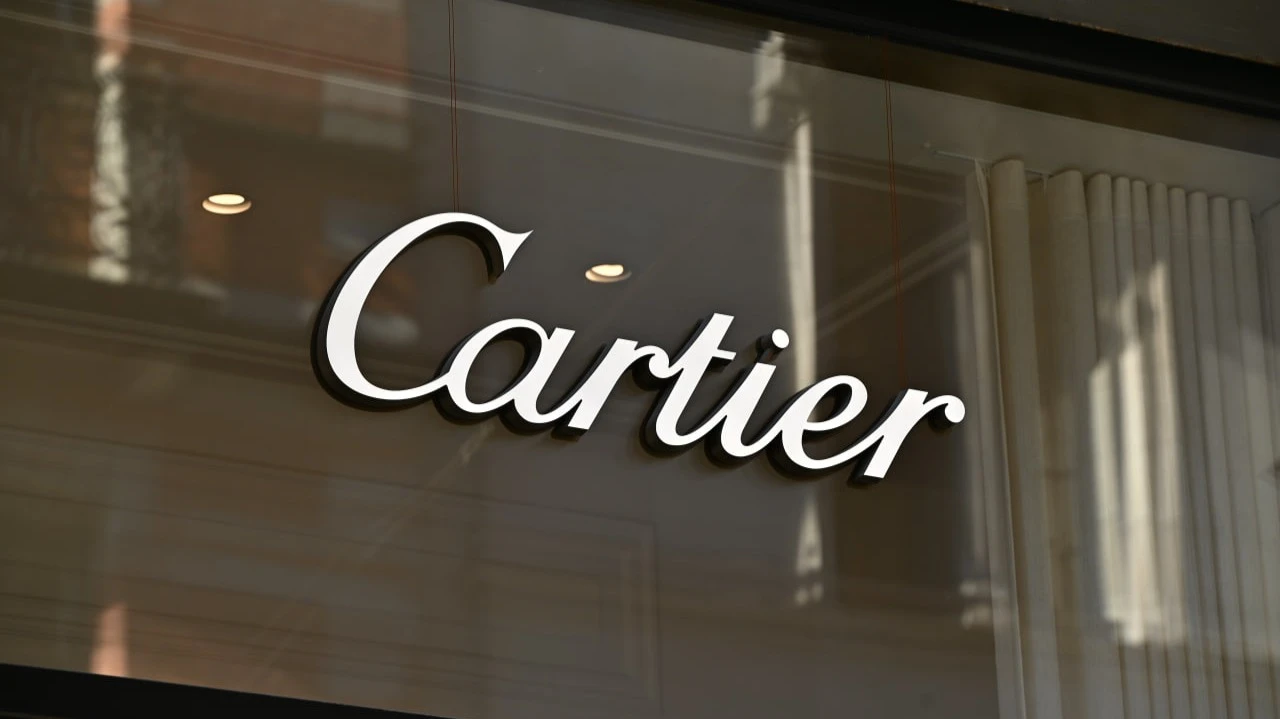Cartier owner's sales rose thanks to the jewelry segment amid a slump in the luxury segment
Richemont Group jewelry sales up 11%

Swiss holding Richemont reported revenue growth of 6% in the past quarter, despite a downturn in the luxury industry. Strong sales of jewelry brands Cartier and Van Cleef & Arpels allowed the company to exceed analysts' expectations and offset declines in the watch, fashion and accessories segments.
Details
Swiss luxury holding company Richemont said its leading jewelry brands - Cartier and Van Cleef & Arpels - increased sales for the third consecutive quarter as affluent buyers maintained their interest in high-end goods despite geopolitical uncertainty, wrote the FT.
Growth in jewelry sales, which account for more than two-thirds of the company's revenue according to the group's report, offset declines in Richemont's other divisions. Its jewelry houses, for example, reported an 11% rise in sales to 3.9 billion euros adjusted for constant exchange rates for the quarter ended June 30. The result exceeded analysts' consensus forecasts compiled by Visible Alpha.
Total group revenue grew 6% (excluding currency fluctuations) in the second quarter relative to the same period in 2024 to €5.4 billion.
Sales of Richemont's specialty watch brands (e.g., Jaeger-LeCoultre, IWC, Vacheron Constantin, etc.) fell 7% for the quarter, while revenue from the holding company's fashion and accessories brands fell 1%.
Revenue in the Americas, Europe and the Middle East increased by 11-17% depending on the region. Sales in the Asia-Pacific region, dominated by the Chinese market, remained at the same level as last year (excluding currency fluctuations).
The only region where revenue declined was Japan. The drop amounted to 15%. Sales in Japan are normalizing after double-digit growth in the same quarter last year, when the weak yen attracted tourists to the country, Richemont explained.
Shares of Richemont added 0.5% at trading in Switzerland. Since the beginning of the year, Richemont securities rose by 8%, while shares of rival LVMH (which owns jewelry brands Bulgari and Tiffany & Co.) fell by more than 25%.
What the analysts are saying
"Richemont posted encouraging results, especially when compared to other players in the luxury segment. The company's dominant position and strong growth in the jewelry segment remains impressive," said Vontobel analyst Jean-Philippe Berschy.
Of the 32 analysts covering Richemont shares, 18 advise buying them (Buy and Overweight ratings). 11 advise holding (Hold) and three advise selling (Underweight and Sell);
Context
Investors have become more cautious about the luxury sector as a whole, which was already experiencing a downturn in consumer demand even before President Donald Trump imposed the duties, and are looking for signs of how trade uncertainty is affecting consumers, writes the WSJ.
Exports, particularly of Swiss watches, are likely to reach their lowest level since the pandemic began in 2020, writes Reuters.
Against this backdrop, affluent consumers are moving away from handbags and other luxury goods, whose prices have risen sharply, and instead opting for timeless investment-grade products, the agency wrote.
Bain & Co estimates that global luxury sales fell 1% last year and are expected to fall 2-5% this year.
This article was AI-translated and verified by a human editor
